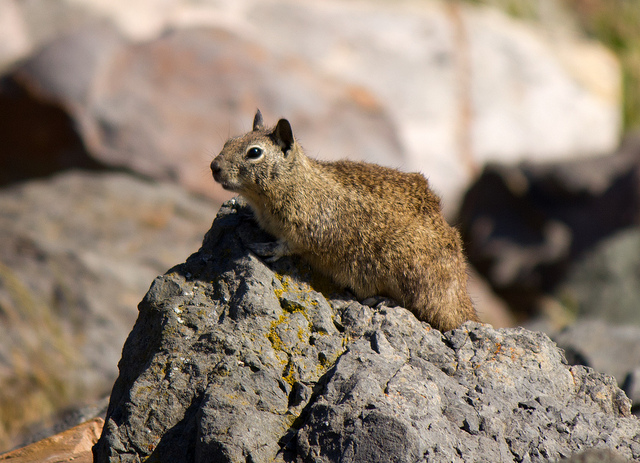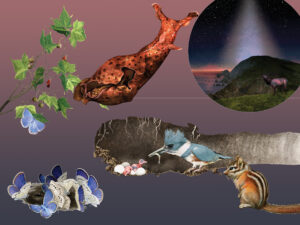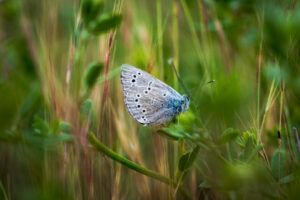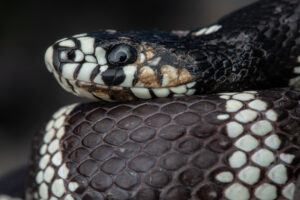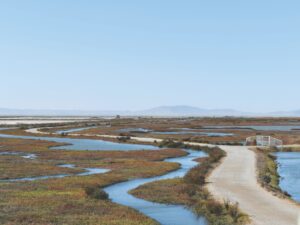Much to the relief of wildlife lovers, the Berkeley City Council voted Tuesday night to delay its pilot program to exterminate ground squirrels at César Chávez Park.
The city had generated broad outcry earlier this year when it announced plans to trap and kill park squirrels as a means to address Regional Water Quality Control Board concerns that squirrel burrows might cause toxics underneath the park to leach into the bay.
But on Tuesday, the Council put the extermination plan on hold and directed the City Manager to report back in two months with a plan and a response to the many questions raised by citizens, councilmembers, and environmental and animal rights organizations, including Golden Gate Audubon.
Councilman Kriss Worthington led the efforts for a reconsideration of the extermination pilot program and Councilwoman Linda Maio was careful to stress that the pilot program would not go forward until the council had revisited the issue. Councilman Max Anderson waxed poetic about how the park used to be filled with raptors, the squirrels’ natural predators, and recommended that there be an effort to draw these birds back to the park, while Councilman Gordon Wozniak complained that there are too many squirrels.
The squirrel extermination scheme was crafted as a response to concerns by the Regional Water Quality Control Board that squirrel burrows could be allowing toxics to leach into the Bay. César Chávez Park is built on top of a landfill that was covered with layers of fill intended to “cap” the old dump’s solid and toxic waste. Although the bay waters surrounding the park have not tested positive for any leached materials, the Board did direct the city to address the potential risk from squirrel burrows.
The Water Board was careful to distance itself from the city’s extermination plan, though, instead suggesting that enforcement of the no-feeding ordinance may be sufficient to address the large squirrel population. The Board recently issued a FAQ that clearly states “we are not ordering the City to kill the squirrels” and requested that the city supply further data on the burrows and methods of control.
Golden Gate Audubon’s East Bay Conservation Committee researched the issue, submitted a comment letter to the Berkeley City Council, and spoke at Tuesday’s Council meeting. GGAS called for collection of further data, strict enforcement of the city’s existing no-feed ordinance, vegetation modification to create habitat less desirable to squirrels, increased efforts to encourage natural predation, and consideration of squirrel contraceptives as alternatives to trap and kill. (Although there are signs at the park asking people not to feed the animals, the message is frequently ignored, and the birdseed and peanuts that are provided for the squirrels causes overpopulation.)
GGAS opposed the extermination plan as part of its commitment to protect California native wildlife. The squirrels form an essential part of the natural environment, serve as an important food source for large raptors and snakes, and create burrows that are essential for Western Burrowing Owls that winter at César Chávez Park.
Continue reading on Golden Gate Birder, the website of the Golden Gate Audubon, where this article first appeared.
April Rose Sommer practices environmental law at her firm Sommer Public Interest Law, and advocates for birds and habitat protection on the GGAS Conservation Committee.

